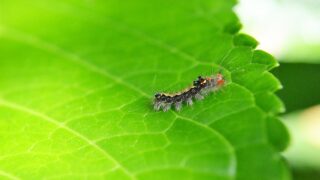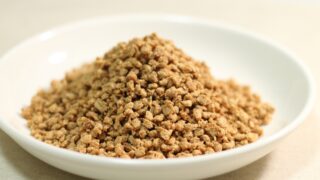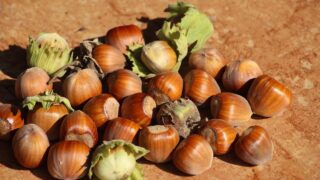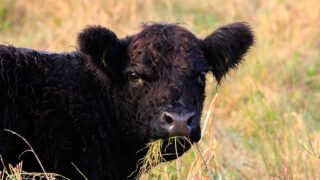 Research
Research The Future of Plant Canopies: Harnessing Far-Red Light for a Major Productivity Boost — Insights from a Simulation Study
Discover how quantum computing research could revolutionize plant canopies, boost photosynthesis, and transform sustainable agriculture.








